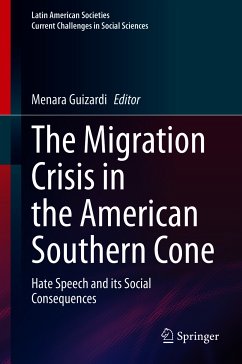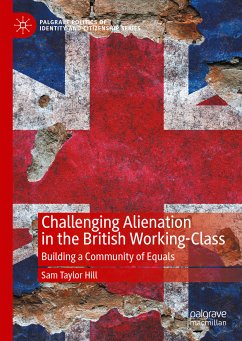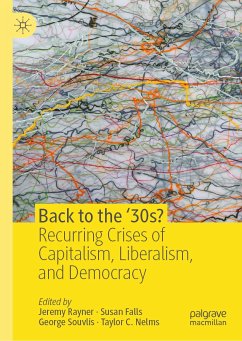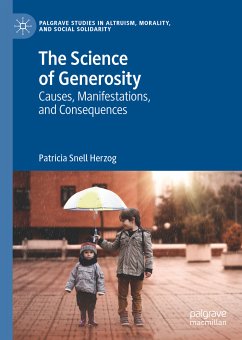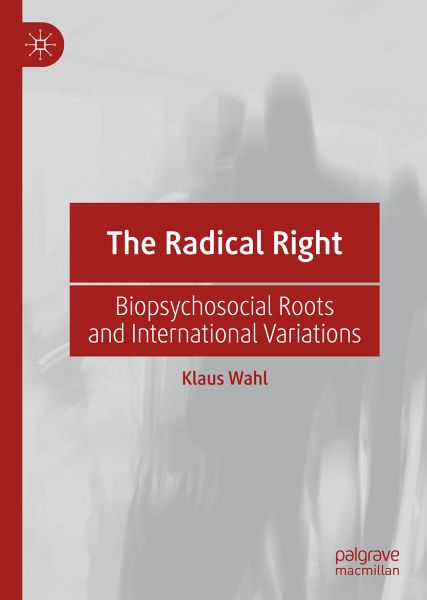
The Radical Right (eBook, PDF)
Biopsychosocial Roots and International Variations
Versandkostenfrei!
Sofort per Download lieferbar
80,95 €
inkl. MwSt.
Weitere Ausgaben:

PAYBACK Punkte
40 °P sammeln!
This book analyses the rise in xenophobia, racism, and radical right political parties, movements, and violent groups over recent years.The author provides a summary of the current state of international and interdisciplinary research on the multilevel explanations of right-wing radical thought, comparing similarities and differences across Europe and the United States. By integrating findings from psychology, history, social and life sciences, he proposes a biopsychosociological model of the conditions, causes, catalysts, and triggers of phenomena of the radical right across the world. Follow...
This book analyses the rise in xenophobia, racism, and radical right political parties, movements, and violent groups over recent years.
The author provides a summary of the current state of international and interdisciplinary research on the multilevel explanations of right-wing radical thought, comparing similarities and differences across Europe and the United States. By integrating findings from psychology, history, social and life sciences, he proposes a biopsychosociological model of the conditions, causes, catalysts, and triggers of phenomena of the radical right across the world. Following a 'demand' and 'supply' analysis, Wahl explores the interaction of evolutionary emotional mechanisms and socialization processes with various environmental conditions, and consequent manifestations of radical right groups, to identify strategies to slow down the rise and effects of the radical right.
The author provides a summary of the current state of international and interdisciplinary research on the multilevel explanations of right-wing radical thought, comparing similarities and differences across Europe and the United States. By integrating findings from psychology, history, social and life sciences, he proposes a biopsychosociological model of the conditions, causes, catalysts, and triggers of phenomena of the radical right across the world. Following a 'demand' and 'supply' analysis, Wahl explores the interaction of evolutionary emotional mechanisms and socialization processes with various environmental conditions, and consequent manifestations of radical right groups, to identify strategies to slow down the rise and effects of the radical right.
Dieser Download kann aus rechtlichen Gründen nur mit Rechnungsadresse in A, B, BG, CY, CZ, D, DK, EW, E, FIN, F, GR, HR, H, IRL, I, LT, L, LR, M, NL, PL, P, R, S, SLO, SK ausgeliefert werden.








